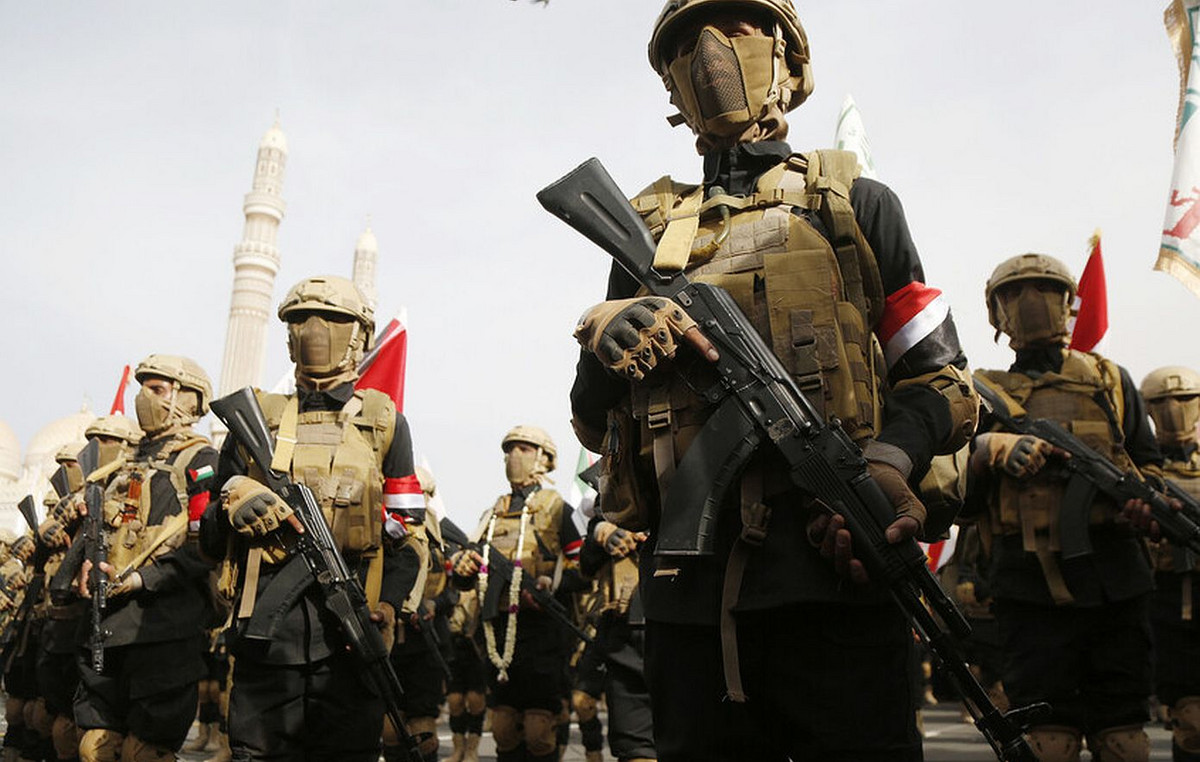Despite keeping Brazil’s Gross Domestic Product (GDP) growth forecast at 1% for this year, the Central Bank (BC) changed the production forecast for the country’s three economic sectors: industry, agriculture and services.
According to the Inflation Report, released this Thursday (24), the economic consequences of the war in Ukraine, inflation and the drought affecting the summer crop will be determining factors for the economic scenario in 2022.
agriculture
The agricultural sector, already affected by the lack of rain in the southern region of the country, will continue to face the consequences of low production.
According to Felippe Serigati, coordinator of the professional master’s degree in Agribusiness at Fundação Getúlio Vargas (FGV), the sector’s growth difficulties are mainly due to the uncertainty surrounding the supply of fertilizers and the climatic effects of La Niña.
“We witnessed a classic La Niña, with drought in the southern parts of the southern hemisphere, and excess rain in the northern portion. We are ending the summer crop, which is the main one for the country, and the South region was also heavily affected due to the lack of rains,” he said.
“That more robust crop that we imagined in October was frustrated, but not so strongly, as we had a reasonable amount of rain in the Center-North region”, added the professor.
Serigati explained that the winter crop could be better. According to him, planting has already started favorable in terms of rainfall, but the conflict in Eastern Europe can still create challenges for agriculture.
“The main point is the uncertainty about the supply of fertilizers. There’s no point in ending the conflict in July and shipping the fertilizers, because it needs time for it to be applied in production,” he said.
“And it’s not just that, there’s the issue of price. Let’s assume the fertilizers are released in time, but at what cost? Because depending on the value, it’s not worth it. You apply fertilizer because it increases productivity, but if it is too expensive, the exchange ratio does not make sense”, he added.
Industry
Despite having a positive increase in growth, the Brazilian industry will only have a smaller loss, according to the Central Bank itself.
According to Felippe Serigati, the increase in freight prices, due to the high oil prices, and the uncertainties in supply still affect the industrial sector.
“The main factor could be the increase in the cost of the supply chain logistics, mainly the increase in the price of oil. This consequently affects the cost of production. But we also have other factors, such as uncertainty about supply due to lack of parts, parts and components. As much as the entrepreneur has stock, it is not known how long it will last”, he pointed out.
services
The service sector was positively affected by the end of restrictions imposed due to the pandemic and by the increase in the movement of people.
Even so, economist Fabio Bentes, from the National Confederation of Commerce in Goods, Services and Tourism, considers that the categories of the sector will certainly have an increase in prices and a fall in consumption, thanks to inflation.
“The inflation report usually has a slightly more optimistic view, but I was surprised that the curve in the services sector is skewing upwards. We still have the problem of economic deterioration, which affects the purchasing power of the population,” she said.
“Inflation in the sector is still below average, at 6%, but still with the forecast of rising costs for the second half of this year”, added the economist.
Finally, FGV professor Felippe Serigati said he believes that Brazil will be one of the world economies least affected by the war in Ukraine.
The professor explains that the country is strongly influenced by commodity exports, which are undergoing a process of appreciation in the international market.
Another favorable factor is the appreciation of the real, since the exchange rate reached R$ 4.83 this Thursday (24), the lowest value in the last two years.
Source: CNN Brasil
I am Sophia william, author of World Stock Market. I have a degree in journalism from the University of Missouri and I have worked as a reporter for several news websites. I have a passion for writing and informing people about the latest news and events happening in the world. I strive to be accurate and unbiased in my reporting, and I hope to provide readers with valuable information that they can use to make informed decisions.







